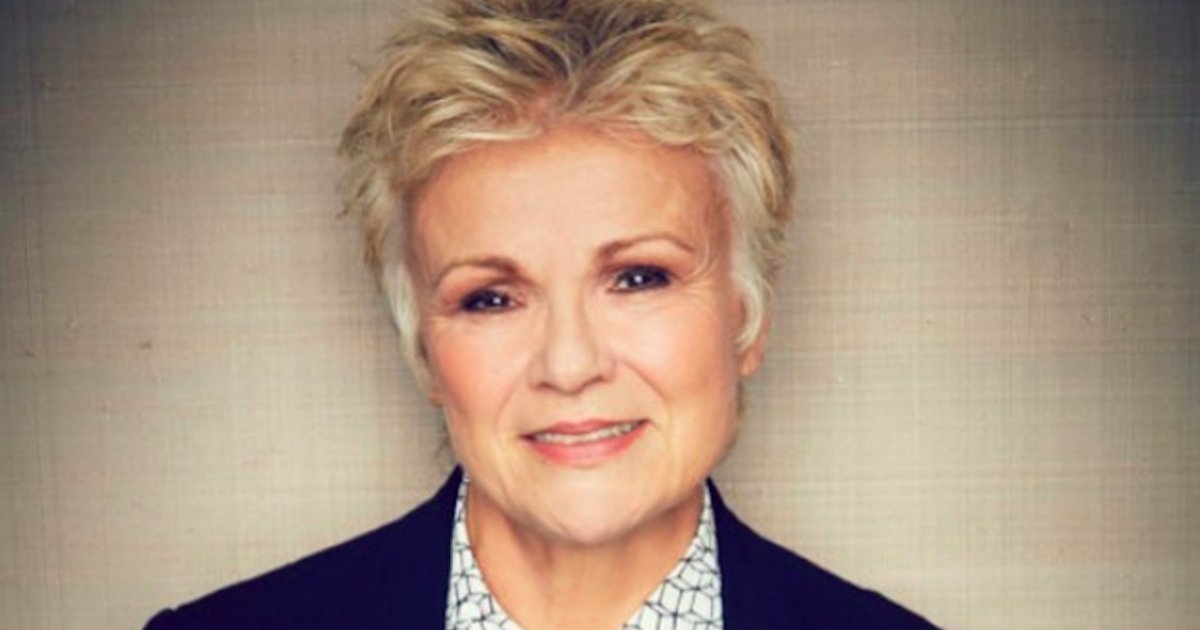We’ve seen Dame Julie Walters, 69, in Mama Mia!, Harry Potter, and Billy Elliott. Now, Walters is opening up about her experience with cancer. In a BBC interview, Walters says she first saw a doctor for indigestion and stomach discomfort, which later intensified to pain, heartburn, and vomiting.
RELATED: 6 Months After Colon Cancer Surgery, Super Model Pat Cleveland, 69, Walks The Runway Again
Read More“I’ll never forget his face,” Walters said of her husband, when she shared her diagnosis: “Tears came to his eyes.”
In surgery, Walters had “30cm taken out of my colon” and, later, overcame her reluctance to undergo chemotherapy. Now clear, Walters hopes to reduce the stigma attached to the disease: “Your bowel is…just want digests your food. Think of that. You’ve got to go and get things checked.”
A polyp is a small growth in the colon that is not yet cancerous, but has the potential to grow into cancer, says colorectal surgeon, Dr. Heather Yeo. It takes about ten years for a typical polyp to grow into colon cancer. When polyps are detected, they can be removed and prevented from ever turning into cancer.
Yes, Women Get Colon Cancer, Too
We tend to hear about men getting colon cancer more often than women.
"Colon cancer affects both men and women, it's actually the third most common cancer in the United States," says Dr. Heather Yeo, a colorectal surgeon at NewYork-Presbyterian/Weill Cornell Medical Center and an advisor to SurvivorNet.
Dr. Yeo says people often don't know that they have colon cancer because they have no symptoms, and that screening is critically important, even for people with no history of the disease. “The majority of people who get colon cancer,” Dr. Yeo tells SurvivorNet,” have no family history.”
Among Younger Adults, Colon Cancer Rates Going Up
The American Cancer Society guidelines for colon cancer recommend that average-risk adults begin getting colonoscopies at age 45. For those who are given clear scans, they should go back for additional colonoscopies once every 10 years. With regular screening, colon cancer is preventable.
However, even with these nation-wide screening recommendations, the rate at which younger adults are being diagnosed with colon cancer has been going up. In a previous interview, Dr. Heather Yeo, a colorectal surgeon at Weill Cornell, said that the reason colon cancer is becoming more common among people under 50 is hard to pin down, but these cancers tend to have some unique characteristics.
"We don't know exactly why it's increasing," Dr. Yeo said. "It's a different type of cancer. The colon cancers that are in the younger age group are more likely to be on the left side, they're more likely to be rectal cancers, they are more likely to be kind of aggressive tumor types."
Learn more about SurvivorNet's rigorous medical review process.


